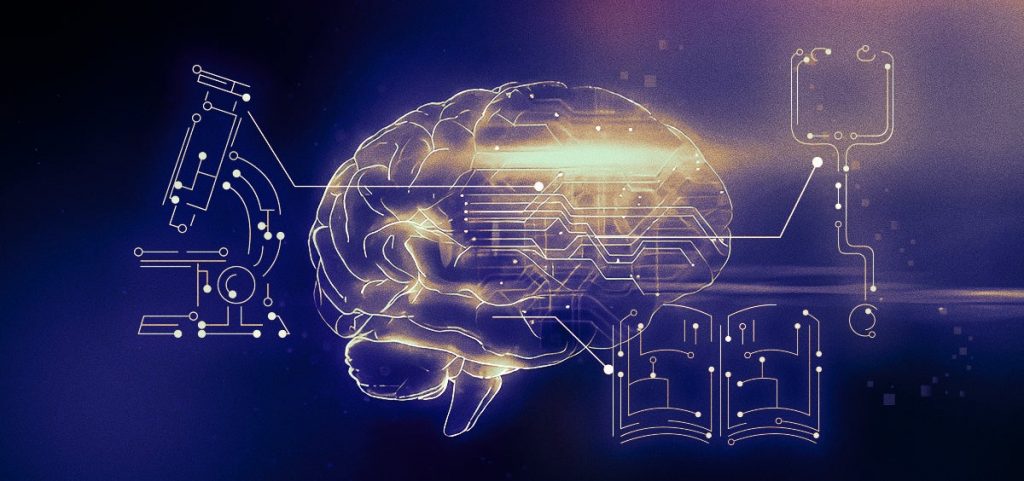The Rise of AI in Healthcare: Transforming the Roles of Medical Professionals and Hospital Staff
The advent of artificial intelligence (AI) is revolutionizing various industries, and healthcare is no exception. With advancements in machine learning, robotics, and data analytics, AI is poised to take over several roles traditionally performed by doctors, nurses, hospital accountants, insurance teams, cleaning departments, and safety guards. This transformation promises increased efficiency, accuracy, and cost savings but also raises concerns about job displacement. Below, we explore how AI is reshaping these roles with real-world examples and how it contributes to a fairer business environment.
1. Doctors
AI is making significant inroads into diagnostics, treatment planning, and even surgical procedures. Machine learning algorithms can analyze vast amounts of medical data to identify patterns and make diagnoses more accurately than human doctors in some cases.
Example: IBM’s Watson for Oncology uses AI to provide evidence-based treatment options for cancer patients. By analyzing patient data and comparing it to a vast database of medical literature, Watson can recommend personalized treatment plans, often suggesting options that a human doctor might overlook. Similarly, Google’s DeepMind has developed AI systems that can diagnose eye diseases by analyzing retinal scans, achieving accuracy levels comparable to that of expert ophthalmologists.
2. Nurses
AI-powered robots and virtual assistants are starting to handle routine tasks, allowing nurses to focus on more complex patient care activities. These AI systems can monitor patients’ vital signs, administer medications, and even provide companionship to patients.
Example: The TUG robot by Aethon is used in hospitals to transport medications, linens, and other supplies, reducing the workload on nurses. Additionally, virtual assistants like Amazon’s Alexa are being integrated with electronic health records to help nurses quickly retrieve patient information and record observations hands-free.
3. Hospital Accountants
AI can automate the complex and often tedious tasks associated with hospital accounting, such as billing, coding, and financial reporting. This reduces errors and improves efficiency.
Example: Olive AI, a healthcare automation company, offers solutions that streamline administrative tasks, including revenue cycle management. By automating the billing process, Olive AI helps reduce errors and ensures that hospitals get paid faster and more accurately.
4. Hospital Insurance Teams
AI is transforming the way insurance claims are processed and approved, making the system more efficient and less prone to fraud.
Example: Anthem, one of the largest health insurance companies in the United States, uses AI to automate the processing of claims. The system can analyze claims data, detect anomalies, and flag potential fraudulent claims for further review. This reduces the burden on human insurance teams and speeds up the approval process for legitimate claims.
5. Hospital Cleaning Departments
AI-driven robots are increasingly being used to maintain cleanliness and hygiene in hospitals, performing tasks like disinfecting surfaces and cleaning floors with precision and consistency.
Example: The Xenex Germ-Zapping Robot uses UV light to disinfect patient rooms and operating theaters, significantly reducing the risk of hospital-acquired infections. This robot can disinfect a room in minutes, ensuring that the hospital environment remains safe for patients and staff.
6. Safety Guards
AI-powered security systems and robots are enhancing hospital security, providing continuous surveillance and responding to potential threats more effectively than human guards.
Example: Cobalt Robotics provides security robots equipped with cameras, sensors, and AI to patrol hospital premises. These robots can detect unusual activities, recognize unauthorized individuals, and alert human security personnel in real-time, ensuring a higher level of security.
Enhancing Fairness in Healthcare Business Practices
Beyond improving operational efficiency, AI has the potential to create a fairer healthcare business environment. One of the most pressing issues in healthcare today is the variability in costs for similar treatments and procedures, often leading to exorbitant fees for patients. AI can help address this problem by promoting transparency and standardization.
Example: Healthcare pricing transparency platforms, powered by AI, can aggregate and analyze data from multiple sources to provide patients with clear information about the cost of treatments at different hospitals. Companies like Turquoise Health use AI to offer patients access to pricing data, allowing them to compare costs and choose more affordable options.
Example: AI can also assist in ensuring that medical billing is accurate and fair. Systems like Codoxo use AI to analyze billing patterns and detect anomalies that may indicate overcharging or fraud. By identifying and correcting these issues, AI helps prevent patients from being unfairly charged and promotes a more equitable healthcare system.
The integration of AI into healthcare is not just a futuristic vision but a current reality transforming the industry. From diagnostics and patient care to administrative tasks and hospital maintenance, AI is enhancing efficiency, accuracy, and overall healthcare quality. Moreover, AI plays a crucial role in fostering a fairer business environment by promoting transparency and standardization, ensuring that patients are not overcharged for services. While this shift holds the promise of significant benefits, it also necessitates a careful consideration of the implications for the workforce. The healthcare sector must balance the adoption of AI with strategies to retrain and redeploy staff to ensure that the human touch, so vital to patient care, is not lost in the process.
